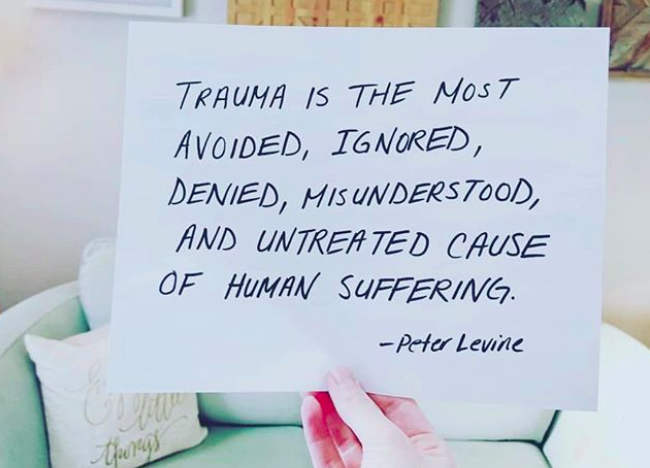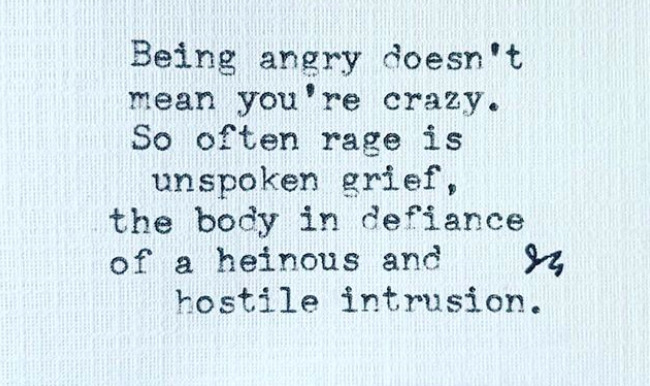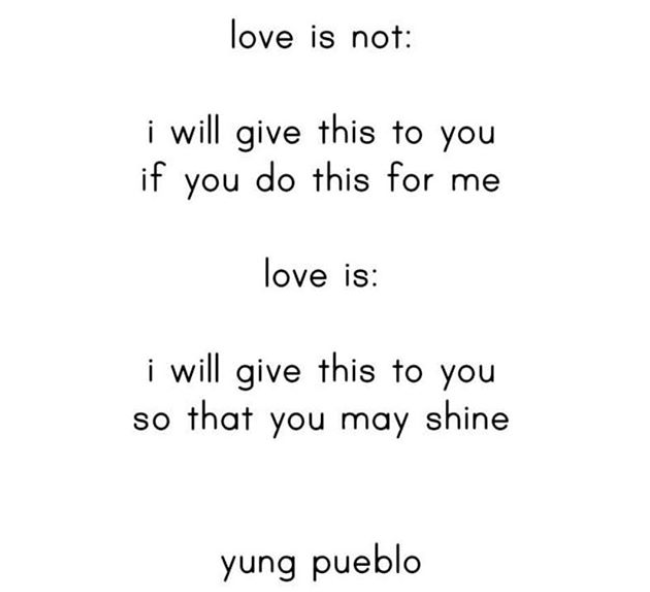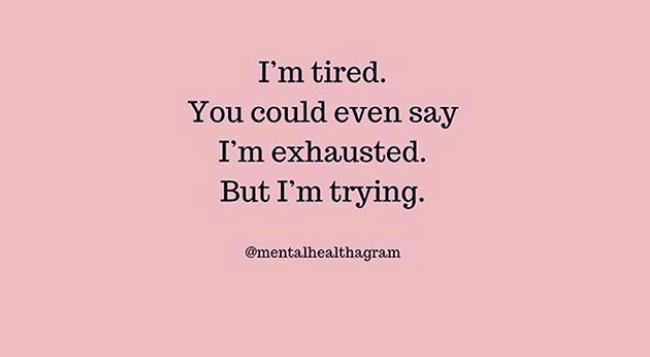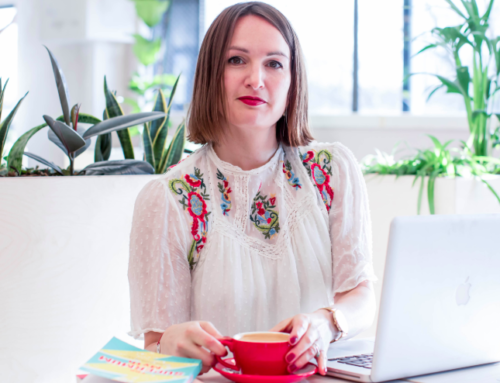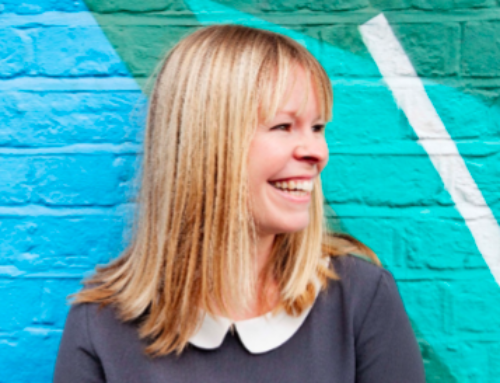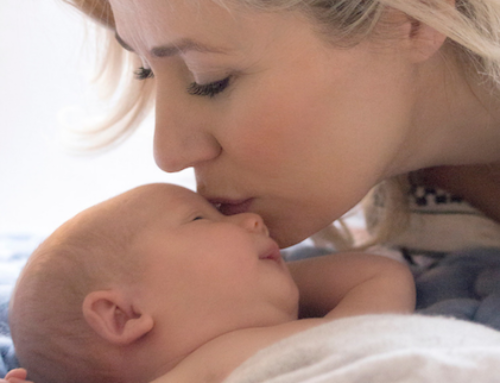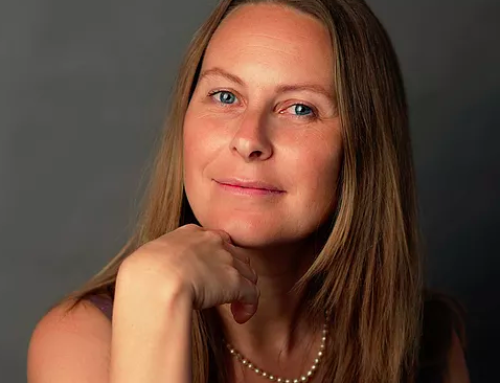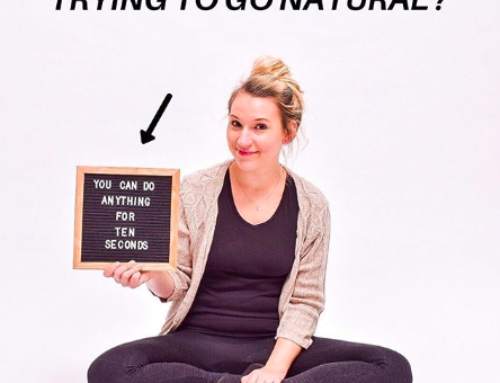***Warning birth, abuse, and other trauma triggers: but an inspiring read!***
Birth trauma is real and as I researched this next interview, I thought back to my own birth 7 years ago in Ibiza, it was an intense experience. I had a drug free birth (no gas or air either as they don’t offer that in Ibiza) back then you had a baby on your back with your legs strapped in syrups and you were only allowed one person in the room, so my doula was not allowed in unless my partner left the room. I used Hypnobirthing and an incredible Ibiza doula to get through it but a few things that stick with me were: as my daughter started to crown two midwives pushed down on my stomach from below my breasts to push her out – it felt awful and I begged them not too.
Then my placenta was tugged to come out aggressively – not allowed to come out with contractions, so that it burst everywhere and then they could not tell if i was haemorrhaging or not and started aggressively stuffing me with pads – all the while no one removed the birth mirror they had placed earlier (so I could see the baby coming) I desperately I tried to remind them in a language that I could barely speak that I had a natural birth and could feel everything.
Finally, when the male doctor finally sewed me up he said in broken English “Don’t worry I will stitch you up nice and tight for your husband” no wonder it has taken me 7 years to even start to think about a second child, if that ever happens it will be at home. The sad thing is I am not alone and actually many have even more intense experiences. So today I am interviewing Perinatal Psychiatrist Birth Trauma Expert Dr Rebecca Moore
Hi Rebecca, welcome to No Mum Is An Island. I am a great believer that no mum (or dad) should have to do everything herself, we can’t possibly know it all, and we need all the support we can get, there is a wealth of information out there to help us upgrade our parenting experience, to make our lives easier and this website is a hub for just that! We love that you have upgraded your life discovering your true gift in supporting mothers through their birth trauma.
Birth assault is a real thing, and reading it I feel I have witnessed it first hand, can you give us some examples of how this can happen and what you advise to women who have had this experience?
Jade thanks so much for inviting me here today and I am so sorry you experienced such poor care, it sounds understandably so frightening for you. It’s important to say that anything we discuss here relating to mothers can also be experienced by fathers or anyone in the birth room, grandparents or staff members for example.
So, I am a perinatal psychiatrist and the co-founder of Make Birth Better a national collaborative of parents and professionals from all across the UK working to reduce the life changing impact of Birth Trauma. I work with women before, during and after pregnancy to support their mental wellness.
I know that for lots of women I meet their birth is not the experience they planned or hoped for and they can find it very difficult to heal physically and psychologically. Around 1 in 3 women find some part of their birth traumatic, this might be due to one event or because of many things that happen during pregnancy, during labour or postnatally. 1 in 25 women develop Post Traumatic Stress after birth. 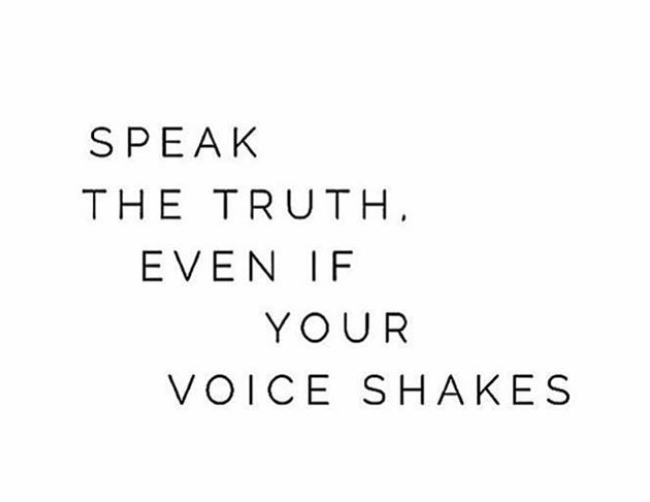 Sometimes women find the word traumatic too strong a word to identify with but what we really mean is that during your birth you felt intensely afraid, fearful, out of control or helpless. You might have felt alone or that no one was hearing you, or that you were at risk of serious medical harm or even death.
Sometimes women find the word traumatic too strong a word to identify with but what we really mean is that during your birth you felt intensely afraid, fearful, out of control or helpless. You might have felt alone or that no one was hearing you, or that you were at risk of serious medical harm or even death.
You might have felt like you were touched without consent or that procedures or examinations were performed that felt like an assault, a violation of your body or even felt like a rape. Each woman has her own story, this is entirely unique to her and I feel that we need to start by respecting and hearing women’s stories. We need to ask women about their births and give them time to tell their stories without judgment, interruption or comment. For me, of a woman felt her birth was wrong or difficult or traumatic then that is her truth and we can work from there.
It can be really hard as a new mum to know how you feel in the midst of being tired and this whole new world of motherhood. What you may feel after a traumatic birth is that you cannot think or talk about anything else but your birth, you may feel like you are constantly replaying the events and that you cannot stop these thoughts.
You might also be replaying your birth in nightmares. Often after a difficult birth, you may feel angry or tearful or on edge. You might worry that something else bad is going to happen to you or your baby and be fearful of going out or checking your baby all the time. Sometimes you may avoid any reminders of your birth, so you may not want to talk about it all, may avoid baby groups or seeing pregnant friends or friends with babies.
What advice can you give women who have experienced birth trauma who are expecting their next child – how do you prepare without bringing fear to the next birth?
After a traumatic birth, of course, women feel really anxious about having a second birth experience. We know many women put off having a second child for longer than they planned and for some women they avoid sex because they fear becoming pregnant. The key to a second pregnancy to me is to get really informed and empowered. So, if you can, think about your last birth and what went well and not well. It’s often a case you know what you DON’T want to happen again. Think about where you will deliver, would home be better? Or in a different hospital? Would a planned cesarean make you feel more in control?
If you can ask for an NHS team that offers continuity of care, so you see the midwife all the way through your pregnancy, you don’t have to keep retelling your story over and over and you can build a relationship with someone you trust. Ask questions, lots. Use the Brain acronym. What are the benefits? What are the risks? What are the alternatives? What does your intuition tell you? What happens if you do nothing? Talk with your partner/birth partner, how do you want them to advocate for you? What support do you want from them, keep talking!
Can you afford a doula? They are not as expensive as many people think and can be a powerful ally and advocate. https://doula.org.uk Most trusts will offer a specialist birth planning meeting after trauma with a midwife or obstetrician, you may be able to access extra therapy if it’s making you fearful of birth. In therapy you might gently challenge your fears and reframe your thinking. At www.makebirthbetter.org we have loads of free printable crib sheets on all areas of birth trauma and healing, here is the one about birth after trauma.
Labour is a very primitive experience for women, we need to call on power we never knew we had and find our inner strength, this can be noisy and embarrassing in a public place like a hospital, how do we get over that?
Personally, I don’t think you should have to get over that, be as loud as you like! I think most experienced midwifes/ doulas have seen women be silent and roaring and everything in between. They will not be embarrassed, and nor should you be. You can move your body and use your voice in any way that works for you. I was so loud during my labour, I just made these sounds I haven’t made since, but I needed to make them, and they helped me at that time.
During birth you need to trust your instincts and your body and move in a way that feels good for you. Don’t worry about others around you, trust your instincts and focus on you and your baby and your breathing.
Anxiety around birth trauma pre-emptive before or post can be all-consuming can you recommend tools to help ease this overwhelming feeling?
If you are feeling anxious the first thing is to name it, recognise it, so it’s a feeling of dread, restlessness, butterflies in the tummy, feeling panicked, hot, sweaty or nauseous. It might be there all the time or come and go. There are lots of ways to manage your anxiety, it’s all about trying them out and finding what works for you. So, it might be exercise, this can really help, swim, walk, run, yoga. What do you enjoy? Do that, even 10 minutes 2-3 times a week will help. Breathing can really help lessen anxiety very quickly, just count as you breathe in, 1,2,3,4 and then breathe out 1,2,3,4. Do this for 2-5 minutes and you should feel instantly calmer.
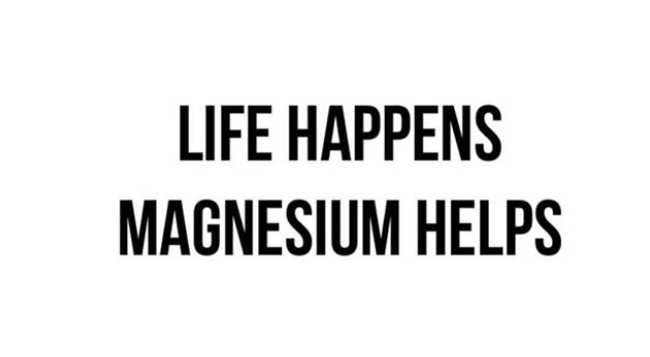 Supplements can help with anxiety, Magnesium is one I use a lot because it’s safe in pregnancy and breastfeeding, use it as Epsom Salts in the bath or as an oil on your skin. Journaling or keeping a diary can help many women pour out their anxiety and park it on a page instead, it can be a good thing to do each morning or night. Therapy can work really well with anxiety, in the UK you can self-refer to your local IAPT team and as a pregnant or postnatal woman you will be prioritised. This might include Cognitive Behavioural Therapy/CBT or Compassion Focussed Therapy.
Supplements can help with anxiety, Magnesium is one I use a lot because it’s safe in pregnancy and breastfeeding, use it as Epsom Salts in the bath or as an oil on your skin. Journaling or keeping a diary can help many women pour out their anxiety and park it on a page instead, it can be a good thing to do each morning or night. Therapy can work really well with anxiety, in the UK you can self-refer to your local IAPT team and as a pregnant or postnatal woman you will be prioritised. This might include Cognitive Behavioural Therapy/CBT or Compassion Focussed Therapy.
Finally, for some women medication is the choice they want or need, this might include typical antidepressants or postnatally, dependent on breastfeeding, herbal supplements or something like CBD. There are also some great resources online, you could use an App like Calm for mediation, Clementine for Hypnotherapy or the Nourish App which is tailored especially for you and has a whole host of beautiful resources all in one space.
I also highly recommend https://www.annamathur.com/courses/ The Reframing Anxiety Course is excellent and only £50
Can birth trauma affect how we connect to our newborns, so many are in a state of shock when they should be nurturing their babies, and themselves? Does this harm our babies and our relationship with them and if yes what can we do?
Of course, starting the journey to motherhood after birth trauma can be so difficult. It is so hard to balance all those feelings with also being a new mum. However, I want to say to you that it is totally OK to love your baby and at the same time be angry or mourn your birth experience.
After birth trauma, mums can find it hard to connect and bond with their baby or they may feel anxious that something is going to happen to their baby and not want to leave them or be checking them all the time. In my opinion, this can be healed with time and support. It’s important to know that you don’t have to love your baby straight away, that you can take time to know each other and to feel connected. Parenthood is not a race!
Take your time and build your bond, it will come. We know that birth trauma can affect breastfeeding, so it’s important for women affected to have quick support around feeding that is perceived as helpful not pushy.
Suicide remains the biggest cause of death for new mums what you should mums who are feeling like this do? Or if people have friends who are new mums who are struggling how do they approach this?
Suicide is the biggest cause of death yes. I think it’s so important for women to know that many women have suicidal thoughts after birth, it doesn’t make you a bad mum, you should not be judged. You might also have low mood, feel sad, tired and hopeless and not be sleeping or eating.
It can seem so scary to voice these thoughts of course but who can you tell that you trust? Start there, a friend, your partner, your mum, your GP, your Health Visitor. It’s also important that we as friends of mums with new babies check in on them too and ask how they are? Everyone says fine the first time so ask again, how are you? Give you friend time and space to say how they feel. Don’t jump in, just sit and listen and be there.
If you feel able you might ask a friend if they are feeling low or sad? Or if they ever feel life is too much? Or if they have feelings to harm themselves. Asking these questions does not make the risk of suicide worse it actually lessens the risk, to many women it’s a relief to talk about these feelings as no one has asked them before. If someone has suicidal thoughts, they must have a medical review, this should be with their GP to begin with and if it’s an emergency in A and E. Other sources of support are Samaritans open 24 hours a day every day of the year and completely confidential.
What resources are there to new mums who feel need emotional support at this vulnerable moment in their lives?
There are lots of resources it depends on what you like and feel speaks to you. I think for many women social media can be a lifeline, others hate it! There are lots of great accounts on Instagram and peer groups on Facebook that can really provide great support if you are not near your family or friends. You can be anonymous which can often allow to say things you might not say otherwise.
Your Health Visitor should be able to link you in with local groups in your area, this might be baby massage, play and stay, swimming, baby yoga or walking groups, pick one you feel you will enjoy.
Many women build networks through their NCT group or via pregnancy yoga or have friends pregnant at the same time but for many mums, it’s a lonely start. Finding your new groups and social networks takes time, if you don’t like groups don’t go! There are some good apps like Peanut and Mush that can link you with local new mums to meet up with or just be brave and smile at a fellow mum in the park or on the bus.
There are some good phone helplines from PANDAS and AIMS that can help. There is no right or wrong, take your time, find your feet and explore what’s out there. Some you might hate, some you might love. You will find your way with time.
Where can people read more about your work?
I am most active on Instagram at @drrebeccamoore and my website is www.doctorrebeccamoore.com. I am also at @birthbetter
If you want to hear podcasts about birth trauma I am here:
https://soundcloud.com/user-471215182/motherkind-ep-11-dr-rebecca-moore
https://www.stitcher.com/podcast/mothering-the-mother/e/60551354?autoplay=true

